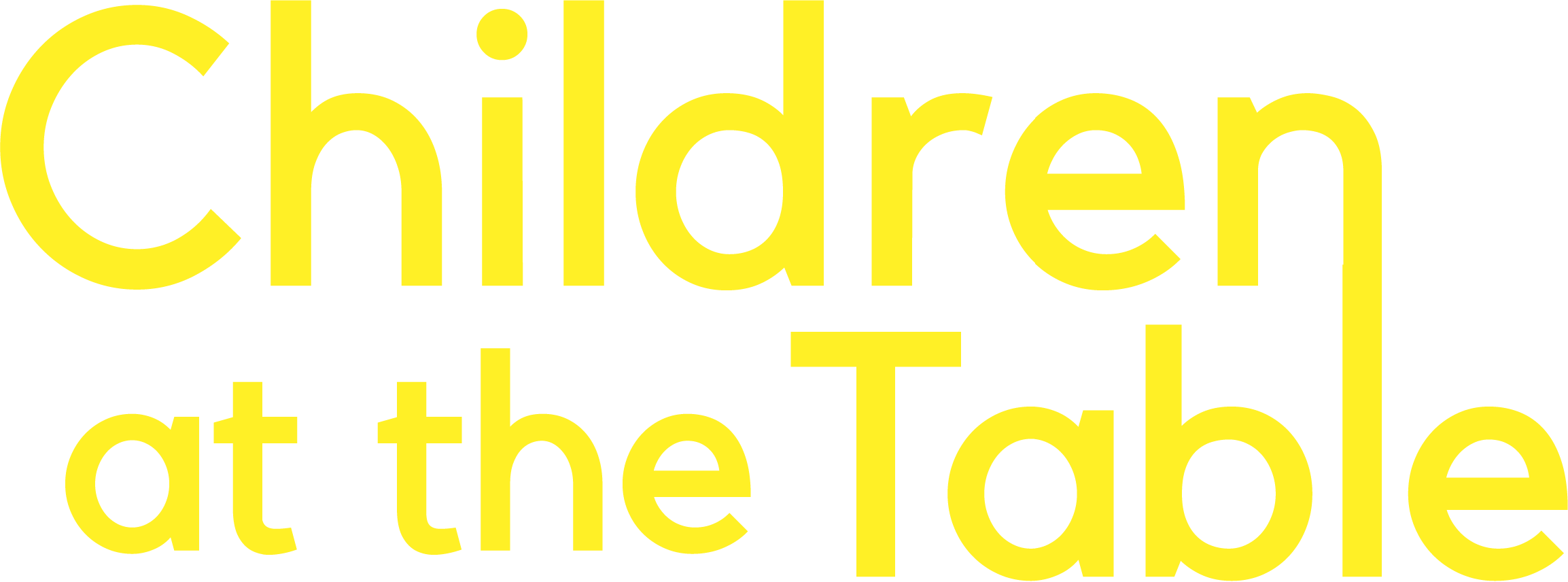Continuing rise in cruelty crimes against babies and young children sees charities raise alarm ahead of General Election
- Child cruelty crimes against children aged five and under continue to rise year-on-year with a 16% increase on pre-pandemic levels and more than 9,300 offences last year
- NSPCC Helpline refers more than ten babies and young children to agencies such as police and social services every day because of neglect and physical abuse
- UK’s leading children’s charities -Action for Children, Barnardo’s, The Children’s Society, National Children’s Bureau and the NSPCC – and almost 200 civil society organisations urge political party leaders to put children at the centre of policy making ahead of the General Election
The number of child cruelty crimes involving babies and young children has risen every year since before the pandemic, new data obtained by children’s charities reveals.
Children aged five and under were involved in more than 9,300 crimes that include cruelty, assault, and neglect, recorded by police in England last year (2022/23). When comparing like-for-like data there was a 16% increase on pre-pandemic levels (2019/20).
Meanwhile, more than two in five children (41%) referred by the NSPCC to authorities last year related to children aged five and under. Half of those referrals were due to concerns about neglect or physical abuse, the equivalent of 11 a day.
The Children’s Charities Coalition, consisting of Action for Children, Barnardo’s, The Children’s Society, National Children’s Bureau and the NSPCC, has released the figures to highlight that many babies and young children are not getting the safe, happy, and healthy start that can help to tackle inequalities and lay the foundations for a productive adult life.
The coalition’s Children at the Table campaign calls for a commitment from party leaders ahead of the General Election for an ambitious cross-Government strategy to drive improvements for babies, children and young people growing up in the UK.
The charities want the next Government to show national leadership to prioritise children’s social care and invest in early intervention services to support families and protect babies and the youngest children who are at risk of abuse and neglect.
Experts widely acknowledge that the early years are a critical window of opportunity for physical, social and emotional development. Babies and young children need nurturing care and a safe home environment for their healthy development.
The youngest children are particularly vulnerable to abuse and neglect as they are entirely dependent on the adults around them. Pre-school children are also less visible to professionals like teachers who could recognise and report abuse.
Since the last General Election, the nation has been shocked by the tragic deaths of very young children including Star Hobson, Amina Faye-Johnson, Finley Boden, Jacob Lennon and many others.
A national review into the murders of Star Hobson and Arthur Labinjo-Hughes said their voices went unheard and along with the Independent Review of Children’s Social Care called for radical reform and investment in the systems that should keep children safe.
The charities say investment in early intervention and family help services can give all children the chance to a safer, happier and healthier start and put an end to the spiral of expensive late intervention when families reach crisis point. This must include rebuilding the health visitor workforce, as the professionals responsible for safeguarding the youngest children, and expanding family hubs.
NSPCC Chief Executive Sir Peter Wanless, on behalf of the Children’s Charities Coalition, said:
Since the last General Election, the pandemic and the tragic deaths of Star, Arthur and many others have exposed a system that is letting down the most vulnerable babies, children and young people across the country.
“These stark figures show how the youngest babies and children are continuing to pay the price for a failure to prioritise family help and the early intervention services that can be a lifeline to families and protect children before they come to harm.
“It is time for party leaders to turn this around by committing to invest the political will and national wealth urgently needed to ensure every child grows up with the chance to thrive.
The Children at the Table campaign aims to ensure the next Prime Minister and Government champions children by:
- Putting babies, children and young people at the heart of policy making to address the issues confronting them today, from poverty to school absenteeism, physical and mental health crises, and a children’s social care system that is struggling to cope and effectively support those who need help.
- Leading Ministers through Cabinet Committee to deliver an ambitious cross-Government strategy to drive improvements for all children growing up in the UK.
- Commit to increase the proportion of national wealth invested in babies, children and young people, backed by a commitment to eradicate child poverty once and for all with a Bill to achieve this outlined in the first King’s Speech.
- Deliver wholesale reform of children’s social care, with investment in early intervention services to reduce the number of children who need to enter the care system and improve the lives of those who do.
- Mandatory Children’s Rights and Wellbeing Impact Assessments to be completed with all new policies as well as a committee of children, young people and parents of young children and babies from diverse backgrounds to be consulted throughout policy making to check and challenge decisions.
More than 24,000 people have backed the calls and the public can add their name by signing the petition. Add your voice below.
For interview requests and queries please contact Sign the petition
